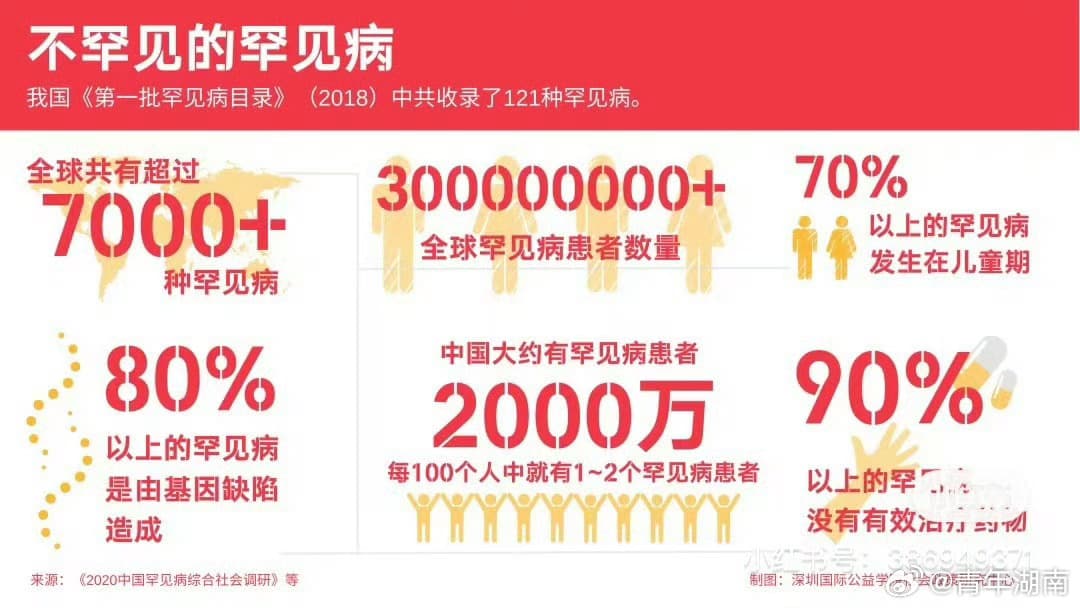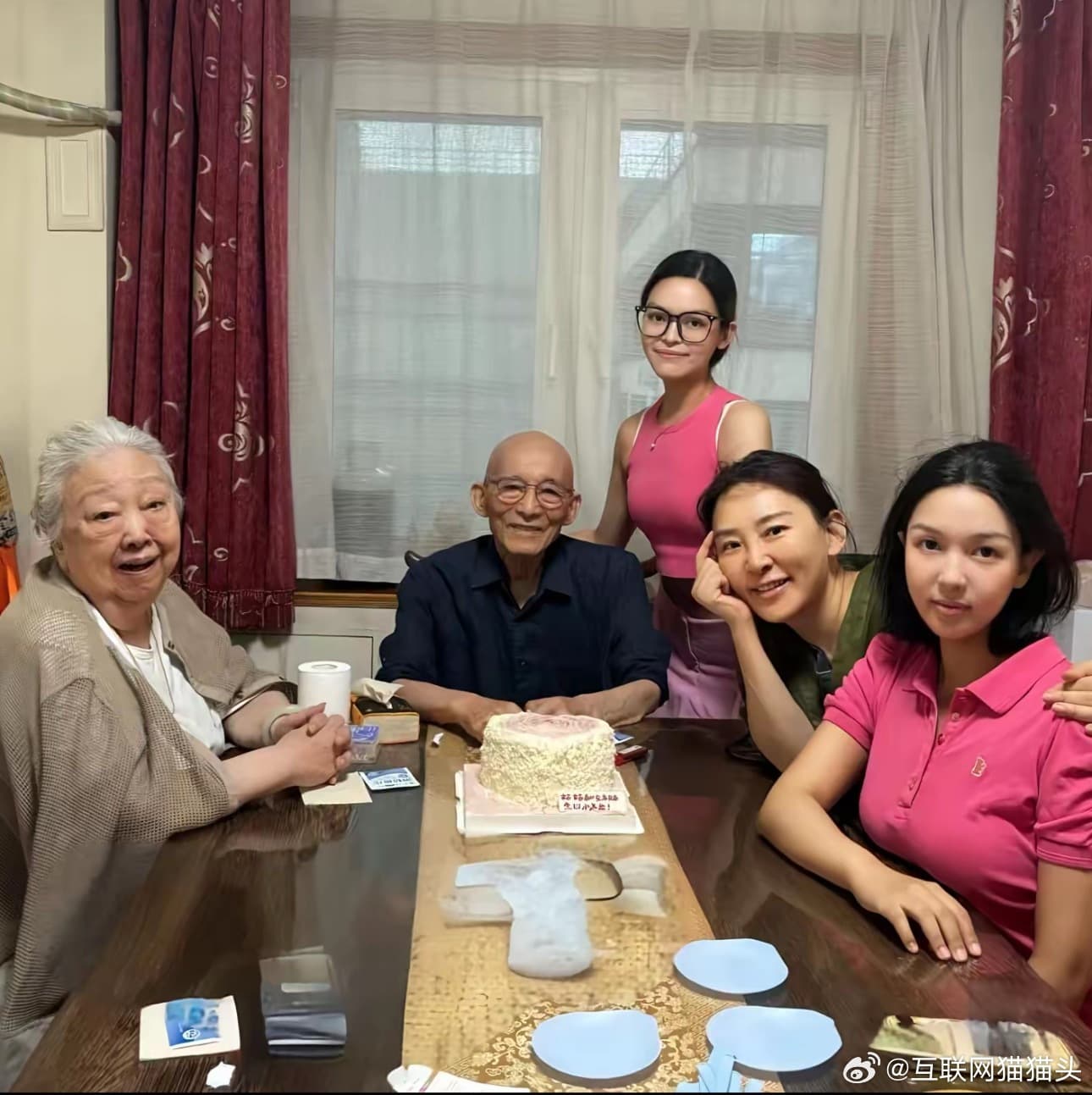Rare Disease Crisis: Families Desperate as Treatment for NPC IVA Set to Discontinue
On February 29, 2024, the world marked the seventeenth International Rare Disease Day, but for hundreds of American families, the day brought little solace. Their children suffer from a rare genetic disorder called type IVA Niemann-Pick disease (NPC IVA), and they are now facing a medical crisis as the only known treatment, a drug named Cyclodextrin, is set to be discontinued in the U.S. market in May of this year. According to the National Institute of Health, there are approximately 30 million people in the United States living with rare diseases, while globally, the number exceeds 300 million. NPC IVA is estimated to affect one in every 150,000 to 250,000 births, making it a particularly devastating condition for those affected. The disease is caused by a mutation in both copies of a gene called NPC1 or NPC2, which leads to an abnormal buildup of cholesterol in the body's cells, ultimately causing damage to the brain, liver, and spleen. Cyclodextrin is currently the only known treatment for NPC IVA, a therapy that must be administered intravenously and continued for life. For most families, the cost of this treatment is astronomical, often running into the hundreds of thousands of dollars per year. The impending withdrawal of Cyclodextrin from the U.S. market has left families scrambling to find alternative treatments, or in the worst-case scenario, face the prospect of losing their children. "I'm desperate to save my child, but I have no idea where to turn," said Hangzhou resident Mr.

29 February 2024
Wang, whose son is affected by the disease. "I call every day to the company that produces Cyclodextrin, begging them to reconsider their decision to stop production. But so far, they have not budged." The impact of NPC IVA extends beyond the physical suffering of the patients and their families. The emotional toll is immeasurable, with parents and caregivers often feeling isolated and hopeless in their battle against the disease. "I wish more people knew about NPC IVA and the struggles that families like ours face every day," said one mother of a child affected by the disease. "We need more research, more funding, and more awareness. We need to help these families feel less alone in their fight." Despite the urgent need for alternative treatments, progress in finding a cure for NPC IVA has been slow. Only a few biotech companies worldwide are conducting research into the disease, and even fewer have made any significant breakthroughs. For many families affected by NPC IVA, the only hope lies in a potential gene therapy treatment currently being developed by a group of researchers in the United States. However, this treatment is still in the early stages of development and could take several years before it is ready for human trials. In response to the growing crisis, some families are turning to social media to raise awareness of NPC IVA and to mobilize support from the wider community. Their message is clear: they need more funding, more research, and more attention from the medical community to help them find a cure for their children.
"We are not asking for charity," said Mr. Wang. "We just want our children to have the same chance at life as everyone else. We need more resources, more attention, and most importantly, more empathy from those who have the power to help." As the medical community and the general public begin to recognize the significance of rare diseases like NPC IVA, there is hope that progress will be made in finding more effective treatments and, eventually, a cure. However, for the families currently caught in the midst of this medical crisis, the wait for a solution can seem like an eternity. In the meantime, they continue to fight, raising their voices in the hope that someday soon, their children will be able to live a normal, healthy life just like everyone else.


